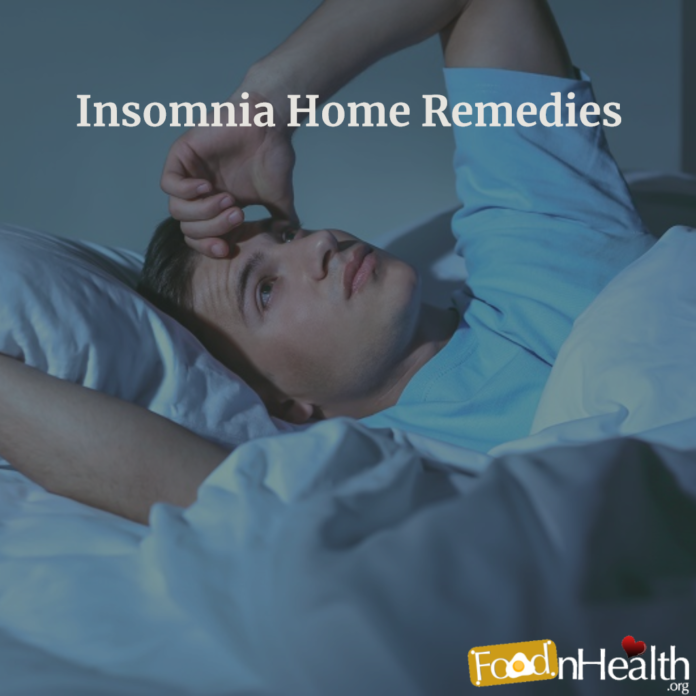
Still, prescribing data suggests that some doctors remain convinced that trazodone is an appropriate sleep medication for many people, even those without depression. And a May 2018 Cochrane review found that there’s no good evidence to support the use of any antidepressant to treat insomnia, including trazodone. The American College of Physicians also does not recommend trazodone in its 2021 insomnia treatment guidelines. The AASM 2017 guidelines for doctors using medication to treat chronic insomnia do not recommend trazodone because there’s so little data to support its use. Updated treatment guidelines from the American Academy of Sleep Medicine published in 2021 recommend that doctors turn first to cognitive behavioral therapy (CBT) before drugs for most people suffering from insomnia. Also, an effective dose range has never been established for the drug when it’s being used to treat insomnia, although lower doses are typically given. As a result, little is known about how well it works or how safe it is past that point for the treatment of chronic insomnia. But the drug hasn’t been well-studied for longer than six weeks for people whose primary problem is insomnia. Here’s why so many people with sleep problems turn to it, and what to do if your doctor suggests you try it.Ī handful of studies have shown that trazodone may improve sleep during the first two weeks of treatment. Trazodone, in fact, has long been among the most commonly prescribed medications to treat sleeplessness. But prescriptions also spiked for another drug often used to help people fall asleep: trazadone, a decades-old antidepressant that can cause drowsiness as a side effect.

Some of those prescription meds, such as Ambien, Belsomra, and Lunesta, are quite familiar. Prescriptions for insomnia drugs also increased, according to GoodRx, a prescription drug research firm. Google searches for “insomnia” jumped 58 percent in the months following the pandemic’s onset, according to a February 2021 study in the Journal of Clinical Sleep Medicine. That sleeplessness has also triggered a wave of people seeking relief. The number of people suffering from insomnia has surged during the pandemic: Twenty-eight percent of Americans, in fact, said they’ve had a harder time falling or staying asleep since its onset, according to a November 2020 Consumer Reports nationally representative survey (PDF).


 0 kommentar(er)
0 kommentar(er)
